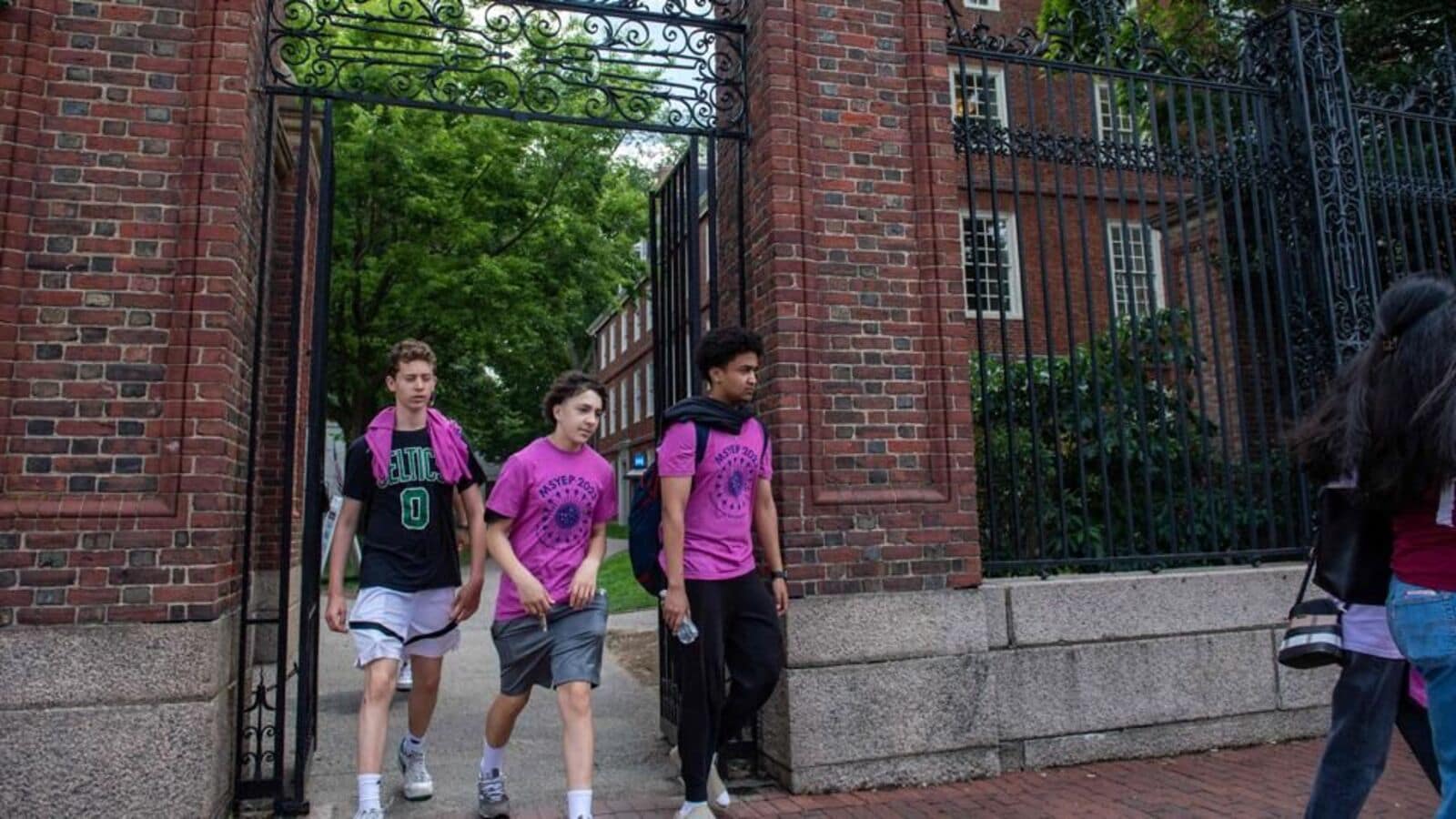If you are planning to travel to the US this year or later, student showFirst you need to have admission to a university/college.
After securing admission, you must obtain the student visa to enter the US. The student visa to study in the US is known as “F1 screen‘ which is required to study at a university, college, secondary school, private elementary school or other academic institution that includes a language program.
Alternatively, one may also travel to the US on an M visa if one is enrolling in a vocational or other recognized non-academic institution, other than a language training program.
It is essential that you show that you have funds equivalent to tuition fees plus living expenses for one year. Tuition and living expenses, as you might expect, vary from university to university and the city in which you plan to stay.
Let’s understand more about the student visa to study in the United States.
Key aspects to consider when it comes to the US visa:
1. More than 30 days: Students on F1 visas can obtain their visa up to 365 days before the start of their course, but are not permitted to enter the U.S. before 30 days before the start date of their program.
And if one intends to enter earlier than 30 days before the start date, one must apply and qualify separately for a visitor visa.
2. Application fee:There is a $185 non-refundable application fee that is payable prior to the visa interview.
3. Visa interview:During the visa interview, you must bring these documents: passport, nonimmigrant visa application (Form DS-160), receipt of payment of the application fee, photograph, and Certificate of Eligibility for Nonimmigrant Student Status (F-1) for Academic and Language Students, Form I-20.
4. Proof of funds:You must show that you have funds equivalent to your tuition fees plus living expenses for one year. Fees and living expenses, as you might expect, vary from university to university and the city in which you plan to stay. This can be demonstrated by a bank statement, acceptance of a loan from a bank, a letter of sponsorship from a sponsor, a scholarship letter, or a combination of more than one.
5. Additional documentsAdditional documents that may be required during the visa interview include your academic qualifications, such as transcripts, degrees, and standardized test scores required by your school in the U.S.
Disclaimer:
The information contained in this post is for general information purposes only. We make no representations or warranties of any kind, express or implied, about the completeness, accuracy, reliability, suitability or availability with respect to the website or the information, products, services, or related graphics contained on the post for any purpose.
We respect the intellectual property rights of content creators. If you are the owner of any material featured on our website and have concerns about its use, please contact us. We are committed to addressing any copyright issues promptly and will remove any material within 2 days of receiving a request from the rightful owner.

